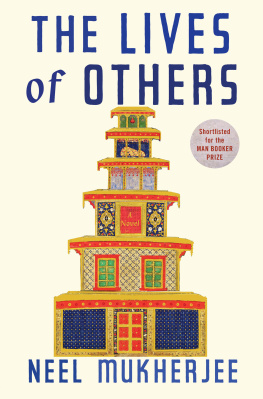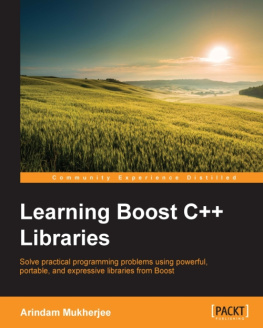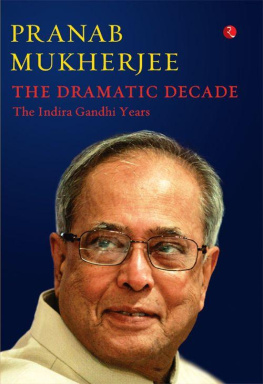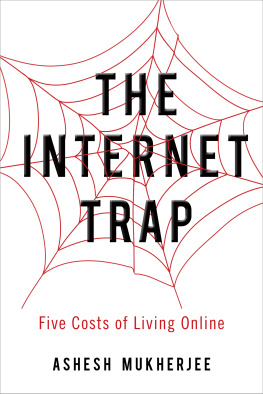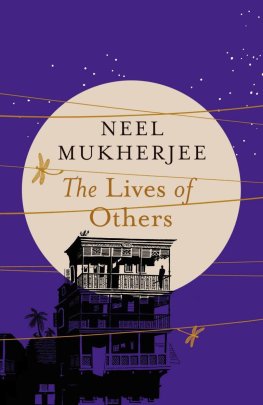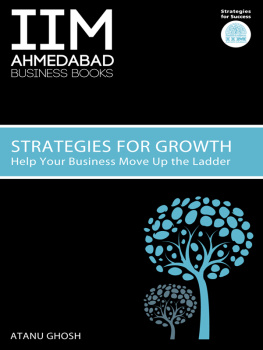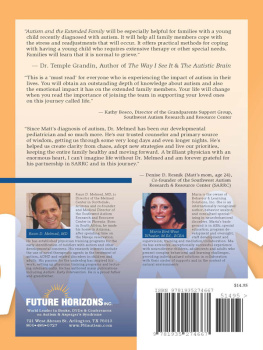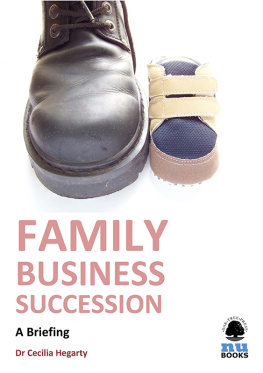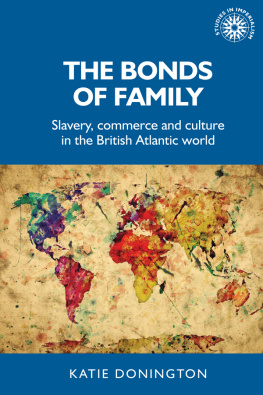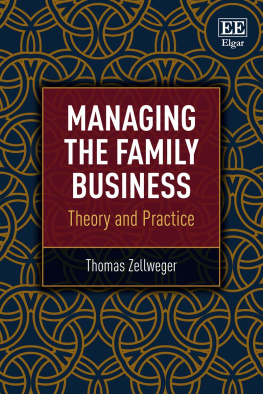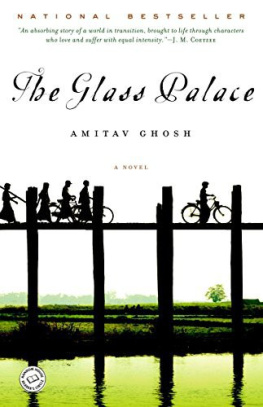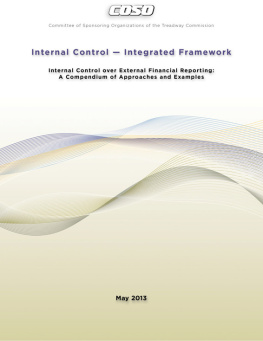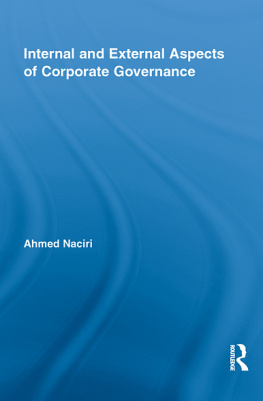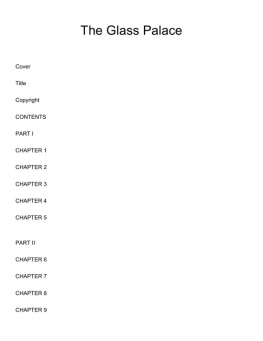Mukherjee - The lives of others
Here you can read online Mukherjee - The lives of others full text of the book (entire story) in english for free. Download pdf and epub, get meaning, cover and reviews about this ebook. City: Array, year: 2014, publisher: W.W. Norton & Company, genre: Detective and thriller. Description of the work, (preface) as well as reviews are available. Best literature library LitArk.com created for fans of good reading and offers a wide selection of genres:
Romance novel
Science fiction
Adventure
Detective
Science
History
Home and family
Prose
Art
Politics
Computer
Non-fiction
Religion
Business
Children
Humor
Choose a favorite category and find really read worthwhile books. Enjoy immersion in the world of imagination, feel the emotions of the characters or learn something new for yourself, make an fascinating discovery.
- Book:The lives of others
- Author:
- Publisher:W.W. Norton & Company
- Genre:
- Year:2014
- City:Array
- Rating:5 / 5
- Favourites:Add to favourites
- Your mark:
- 100
- 1
- 2
- 3
- 4
- 5
The lives of others: summary, description and annotation
We offer to read an annotation, description, summary or preface (depends on what the author of the book "The lives of others" wrote himself). If you haven't found the necessary information about the book — write in the comments, we will try to find it.
Abstract: Novel chronicling the vicissitudes of the extended Ghosh family as internal rivalries accompany the implosion of the family business and external social unrest
The lives of others — read online for free the complete book (whole text) full work
Below is the text of the book, divided by pages. System saving the place of the last page read, allows you to conveniently read the book "The lives of others" online for free, without having to search again every time where you left off. Put a bookmark, and you can go to the page where you finished reading at any time.
Font size:
Interval:
Bookmark:

BY THE SAME AUTHOR

NEEL MUKHERJEE

Copyright 2014 by Neel Mukherjee
First American Edition 2014
All rights reserved
For information about permission to reproduce selections from this book, write to Permissions, W. W. Norton & Company, Inc., 500 Fifth Avenue, New York, NY 10110
For information about special discounts for bulk purchases, please contact
W. W. Norton Special Sales at specialsales@wwnorton.com or 800-233-4830
Production manager: Anna Oler
ISBN 978-0-393-24790-9
ISBN 978-0-393-24791-6 (e-book)
W. W. Norton & Company, Inc.
500 Fifth Avenue, New York, N.Y. 10110
www.wwnorton.com
W. W. Norton & Company Ltd.
Castle House, 75/76 Wells Street, London W1T 3QT
Christopher
How can we imagine what our lives should be without the illumination of the lives of others?
James Salter, Light Years
Its a poor sort of memory that only works backwards.
Lewis Carroll, Alice in Wonderland
things are the way they are and when we recognise them, they are the same as when recognised by others or indeed by no one at all.
Daniel Kehlmann, Measuring the World
In historical events what is most obvious is the prohibition against eating the fruit of the tree of knowledge.
Leo Tolstoy, War and Peace

A third of the way through the half-mile walk from the landlords house to his hut, Nitai Dass feet begin to sway. Or maybe it is the head-spin again. He sits down on the lifeless field he has to cross before he can reach his hut. There isnt a thread of shade anywhere. The May sun is an unforgiving fire; it burns his blood dry. It also burns away any lingering grain of hope that the monsoons will arrive in time to end this third year of drought. The earth around him is beginning to fissure and crack. His eyelids are heavy. He closes them for a while, then, as sleep begins to take him, he pitches forward from his sitting position and jolts awake. Absently, he fingers his great enemy, the soil, not soil any more, but compacted dust. Even its memory of water has been erased for ever, as if it has never been.
He has begged all morning outside the landlords house for one cup of rice. His three children havent eaten for five days. Their last meal had been a handful of hay stolen from the landlords cowshed and boiled in the cloudy yellow water from the well. Even the well is running dry. For the past three years they have been eating once every five or six or seven days. The last few times he had gone to beg had yielded nothing, except abuse and forcible ejection from the grounds of the landlords house. In the beginning, when he had first started to beg for food, they shut and bolted all the doors and windows against him while he sat outside the house, for hours and hours, day rolling into evening into night, until they discovered his resilience and changed that tactic. Today they had set their guards on him. One of them had brought his stick down on Nitais back, his shoulders, his legs, while the other one had joked, Where are you going to hit this dog? He is nothing but bones, we dont even have to hit him. Blow on him and hell fall back.
Oddly, Nitai doesnt feel any pain from this mornings beating. He knows what he has to do. A black billow makes his head spin again and he shuts his eyes to the punishment of white light. All he needs to do is walk the remaining distance, about 2,000 hands. In a few moments, he is all right. Some kind of jittery energy makes a sudden appearance inside him and he gets up and starts walking. Within seconds the panting begins, but he carries on. A dry heave interrupts him for a bit. Then he continues.
His wife is sitting outside their hut, waiting for him to return with something, anything, to eat. She can hardly hold her head up. Even before he starts taking shape from a dot on the horizon to the form of her husband, she knows he is returning empty-handed. The children have stopped looking up now when he comes back from the fields. They have stopped crying with hunger, too. The youngest, three years old, is a tiny, barely moving bundle, her eyes huge and slow. The middle one is a skeleton sheathed in loose, polished black skin. The eldest boy, with distended belly, has become so listless that even his shadow seems dwindled and slow. Their bones have eaten up what little flesh they had on their thighs and buttocks. On the rare occasions when they cry, no tears emerge; their bodies are reluctant to part with anything they can retain and consume. He can see nothing in their eyes. In the past there was hunger in them, hunger and hope and end of hope and pain, and perhaps even a puzzled resentment, a kind of muted accusation, but now there is nothing, a slow, beyond-the-end nothing.
The landlord has explained to him what lies in store for his children if he does not pay off the interest on his first loan. Nitai has brought them into this world of misery, of endless, endless misery. Who can escape whats written on his forehead from birth? He knows what to do now.
He picks up the short-handled sickle, takes his wife by her bony wrist and brings her out in the open. With his practised farmers hand, he arcs the sickle and brings it down and across her neck. He notices the fleck of spit in the two corners of her mouth, her eyes huge with terror. The head isnt quite severed, perhaps he didnt strike with enough force, so it hangs by the still-uncut fibres of skin and muscle and arteries as she collapses with a thud. Some of the spurt of blood has hit his face and his ribcage, which is about to push out from its dark, sweaty cover. His right hand is sticky with blood.
The boy comes out at the sound. Nitai is quick, he has the energy and focus of an animal filled with itself and itself only. Before the sight in front of the boy can tighten into meaning, his father pushes him against the mud wall and drives the curve of the blade with all the force in his combusting being across his neck, decapitating him in one blow. This time the blood, a thin, lukewarm jet, hits him full on his face. His hand is so slippery with blood that he drops the sickle. Inside the tiny hut, his daughter is sitting on the floor, shaking, trying to drag herself into a corner where she can disappear. Perhaps she has smelled the metallic blood, or taken fright at the animal moan issuing out of her father, a sound not possible of humans. Nitai instinctively rubs his right hand, his working hand, against his bunched-up lungi and grabs hold of his daughters throat with both his hands, and squeezes and squeezes and squeezes until her protruding eyes almost leave the stubborn ties of their sockets and her tongue lolls out and her thrashing legs still. He crawls on the floor to the corner where their last child is crying her weak, runty mewl and, with trembling hands, covers her mouth and nose, pushing his hands down, keeping them pressed, until there is nothing.
Nitai Das knows what to do. He lifts the jerrycan of Folidol left over from three seasons ago and drinks, his mouth to the lip of the plastic canister, until he can drink no more. His insides burn numb and he thrashes and writhes like a speared earthworm, thrashes and writhes, a pink foam emerging from his mouth, until he too is returned from the nothing in his life to nothing.
Next pageFont size:
Interval:
Bookmark:
Similar books «The lives of others»
Look at similar books to The lives of others. We have selected literature similar in name and meaning in the hope of providing readers with more options to find new, interesting, not yet read works.
Discussion, reviews of the book The lives of others and just readers' own opinions. Leave your comments, write what you think about the work, its meaning or the main characters. Specify what exactly you liked and what you didn't like, and why you think so.

